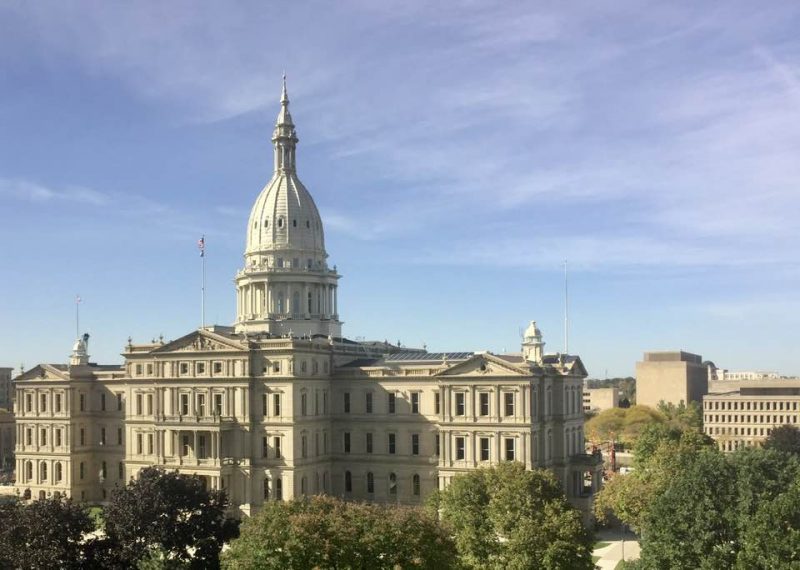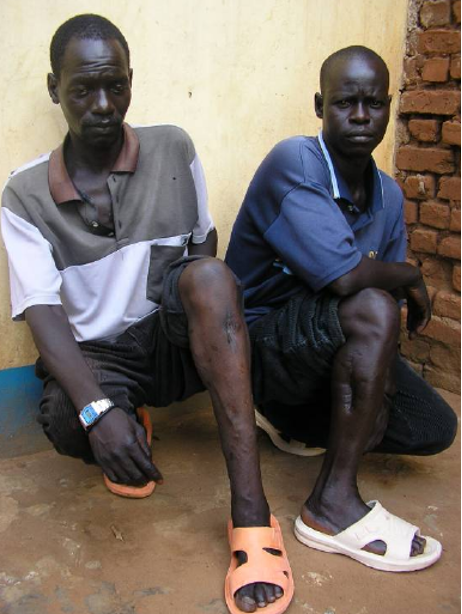By: Mikaylah Heffernan
Impunity Watch News Staff Writer
Lansing, MICHIGAN – The Michigan Court of Claims has declared that the previously used legislative practice of “adopt and amend” is unconstitutional under Article 2, § 9 of the Michigan Constitution, as it barred the Michigan electorate from proposing, enacting, and rejecting laws through the established initiative process.

Under the Michigan State Constitution, an issue may become a statewide ballot proposal through several different mechanisms, including through a ballot initiative, as allowed by Article 2, § 9. Michigan Election Law, specifically 1954 PA 116, outlines the requirements and circumstances under which citizens may add statewide proposal to the ballot. The proposal must serve the following reasons; to enact a new law, approve or reject an existing law, or amend the constitution. In order to complete this process, the responsible party must gather signatures from registered electors of no less than eight percent of the total vote cast for all candidates for governor in the last gubernatorial election.
In 2018, two petitions were circulated, one to set rates for accumulated paid sick time, and the other to raise the minimum wage to $12 an hour, including tipped employees who currently earn a lower minimum wage. Article 2, § 9 of the constitution allows the legislature to adopt ballot proposals as written by a majority vote, and the Michigan legislature voted to adopt both acts, keeping the proposals off the ballot. Had these proposals passed via a ballot vote, they could only have been amended by a three-fourths majority in the Legislature.
After the statewide election in November of 2018, the legislature substantially amended the legislation, compromising the original purpose. In May of 2021, several interested groups brought a petition directly to the Court of Claims, challenging the constitutionality of the Improved Workforce Opportunity Wage Act on the basis of the ‘adopt and amend’ procedure used by the legislature.
In the July 2022 ruling, the Court found that the enacting and amending of the Acts during the same legislative session violated the purpose of Article 2, § 9, and that under Article 2, § 9, the Legislature has only three options, adopt the initiative as presented, reject the petition, or propose a new alternative law. In the decision, Judge Shapiro stated the following; “Once the Legislature adopted the Earned Sick Time Act and the Improved Workforce Opportunity Act, it could not amend the laws within the same legislative session. To hold otherwise would effectively thwart the power of the People to initiate laws and then vote on those same laws—a power expressly reserved to the people in the Michigan Constitution.” Also considered and addressed by the Court was the inability of the State to establish why the Legislature substantially amended 2018 PA 337 and 338 other than as a means to deprive the voters of their access to the initiative process.
The ruling is stayed until February 19, 2023, and pending the outcome of appeal, these changes may not go into effect.
For further information, including further discussion of the actions taken by the legislative body in 2018, please see:
Foster Swift – Michigan Court of Claims Declares “Adopt and Amend” Unconstitutional – 5 Aug. 2022
Art. 2 Sec. 9 – Michigan Constitution



